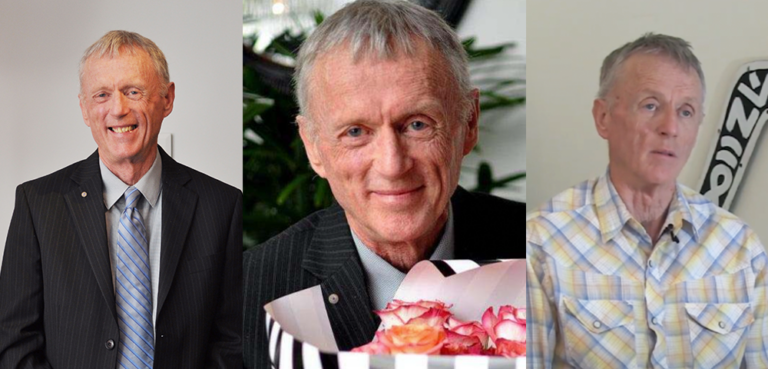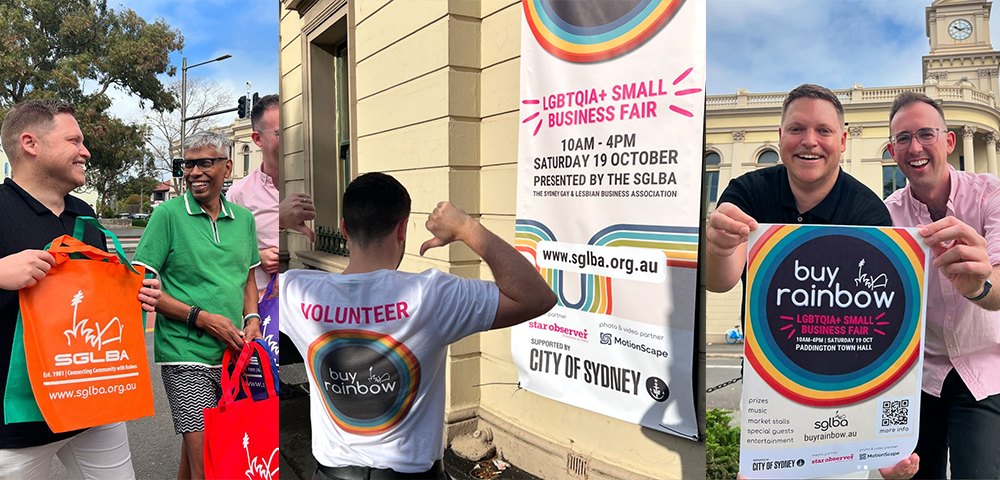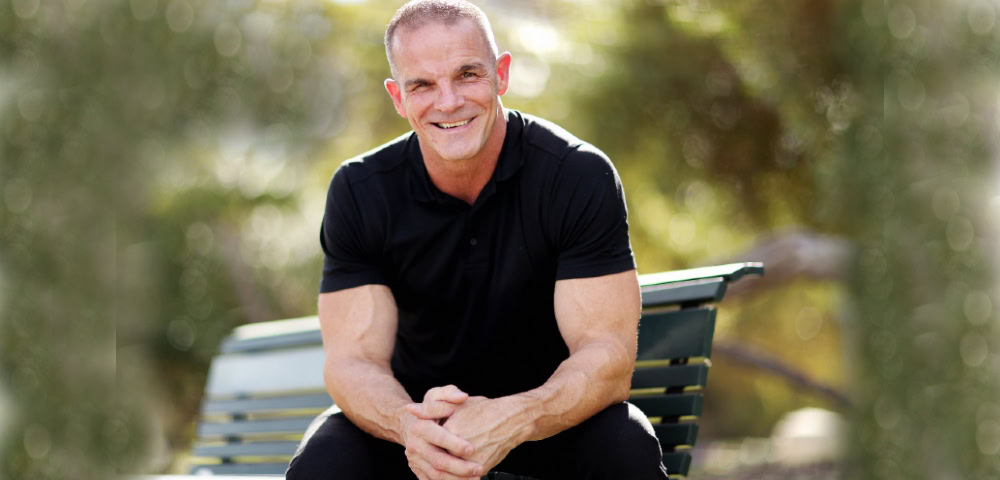
Police get tough on booze
Surry Hills Police are pushing for a new code of conduct in local drinking barns before the influx of alcohol-related crime in the summer months.
The Australian Hotels Association, the Surry Hills Liquor Accord, the City of Sydney Council and police will meet on Tuesday to finalise the code that will reaffirm a venue’s responsibility in stopping service of alcohol to intoxicated patrons.
But the pressure isn’t just on licencees. Surry Hills Police Commander Donna Adney wants revellers to hear the message too: Mates don’t let mates get smashed.
We’ve come up with a code of conduct for patrons, which I would like them to adopt also. That’s hard for the licensed premises because it’s not about their behaviour, it’s about saying to the patrons there’s an expectation that you will behave yourself, Adney told Sydney Star Observer.
Come out with a plan to have a couple of drinks, a good time, don’t impact on everybody else’s enjoyment of the venue that you’re at, and go home in a similar situation that you came out.
Don’t plan to get smashed because in the venues on Oxford St that’s not acceptable. The licensees will help you not get smashed, but you need to help yourself.
That includes not buying more rounds of drinks for friends when any of them have become intoxicated, she said.
With police, local councils, health minister John Della Bosca and Premier Nathan Rees all leaning towards the end of 24-hour licences and the associated binge-drinking culture, venues are under pressure to cooperate with efforts to reduce alcohol-related problems.
Adney said the increase in local licensing police is helping gather data about venues that contribute to alcohol-related crimes or breach conditions. Those data can be used against venues when seeking expanded or continuing late-night trading hours.
I don’t want anyone to think we aren’t treating alcohol-related crime seriously -” it is probably my number one focus, Adney said. If I can get that down, I can get all the other associated crime down. The majority of crime that is homophobic is also alcohol-related.
Part of the problem is that some venues are better than others in the responsible service of alcohol, she added.
People don’t seem to realise that when you get drunk there can be equally catastrophic repercussions. That might result in behaviour you don’t normally behave in that results in you being locked up and charged with a criminal offence, which can have all sorts of impacts on your personal and business life.
In anticipation of higher numbers of patrons during summer, Surry Hills Police have refined their strategies using the number of officers available. That includes increasing the consistency of drug-dog operations, Adney said.
The Alcohol and other Drugs Council of Australia (ADCA) and the Network of Alcohol and Drug Agencies in NSW this week joined the calls for stronger measures to curb excessive consumption through a fundamental shift in alcohol policy at a state level.
Have your say: Do individuals need to take more responsibility for their friends when out drinking?









